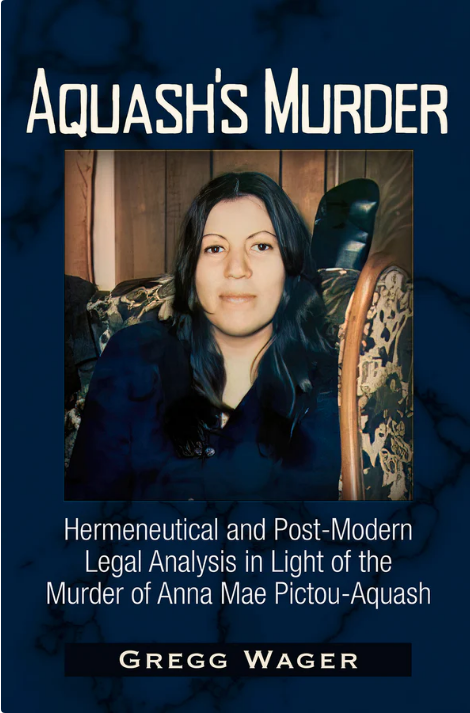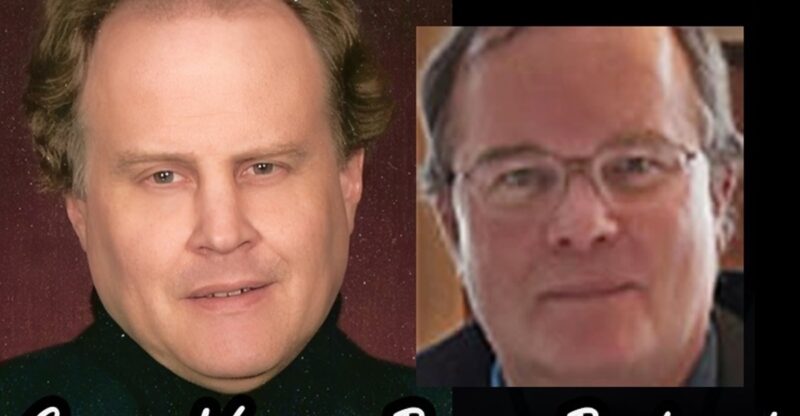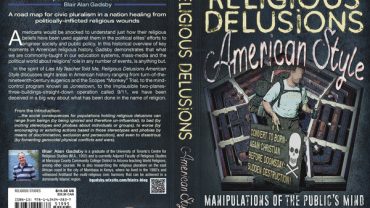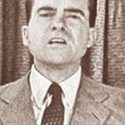The Journey 146. Gregg Wager and Attorney Barry Bachrach: Will Leonard Peltier Be Pardoned?
Publisher Kris Millegan speaks with is Dr. Gregg Wager and attorney Barry Bachrach about Dr. Wager’s book, AQUASH’S MURDER: Hermeneutical and Post-Modern Legal Analysis in Light of the Murder of Anna Mae Pictou-Aquash (feisty American Indian Movement activist), available at TrineDay.com and the usual sellers.

As the cruel South Dakota winter thawed toward the end of February 1976, a rancher on Pine Ridge Indian Reservation discovered the frostbitten corpse of a Jane Doe at the bottom of a 30-foot cliff, 100 feet from a state highway. An autopsy determined she had died of exposure, while the FBI sent her severed hands to Washington for analysis.
Weeks later, a match of fingerprints to feisty American Indian Movement (AIM) activist Anna Mae Pictou-Aquash led to exhumation and another autopsy, this time revealing that she had been shot in the head. Those sympathetic to AIM assumed hers was simply one of nearly 200 unsolved murders during an era when the Reservation was held secretly under martial law, now known as the Reign of Terror.
Months before Aquash’s murder, a deadly gun battle between AIM members and two young FBI agents forced her to flee with her friend and fellow agitator Leonard Peltier. Although Peltier always denied FBI claims that he was the one who delivered coup de grâce shots to the agents, he was eventually convicted of double murder. This prompted unsuccessful popular movements for a Presidential pardon as inept lies from both sides helped stalemate any legal or political progress.
As the new millennium approached, a heroin addict coached by two zealous FBI agents stepped forward claiming he witnessed Aquash’s murder at the hands of an AIM executioner, John Graham. Like so many haphazard and contradictory acquittals and convictions related to the deaths of Aquash and the two FBI agents, Graham’s procedurally esoteric case may suggest that the American legal system has become too obtuse and unpredictable. An international community looks nervously on, wondering if Peltier will die in prison as Graham now suffers a similar fate.

Dr. Gregg Wager was born in Michigan but raised in Central California, studied music composition with Morten Lauridsen and Jim Hopkins at the University of Southern California and Mel Powell and Morton Subotnick at California Institute of the Arts, eventually earning a PhD in musicology with Prof. Dr. Albrecht Rietmüller at Free University Berlin. During the 1980s, he contributed regularly to the Los Angeles Times as a classical music critic. He has also served as an adjunct professor in music composition at Purchase College (2000-2006); and since 2009, contributed program notes to the Los Angeles Philharmonic.
Barry A. Bachrach graduated from the University of Notre Dame in 1977 and from the University of Maine School of Law, Magna Cum Laude in 1982. Licensed first in the States of Maine and Massachusetts, Attorney Bachrach began his career as a law clerk for Justices Edward Godfrey and Elmer Viollette of the Maine State Supreme Judicial Court. In 1983, Attorney Bachrach moved to Minnesota, passing that state bar and clerked for Justice George Scott of the Minnesota Supreme Court. Thereafter, he returned to his native state of Massachusetts and practiced law with the law firm of Bowditch & Dewey in Worcester, MA. Attorney Bachrach became a litigation partner at Bowditch & Dewey in 1990, a position he maintained until leaving the firm on December 31, 2006, to establish his own practice.









